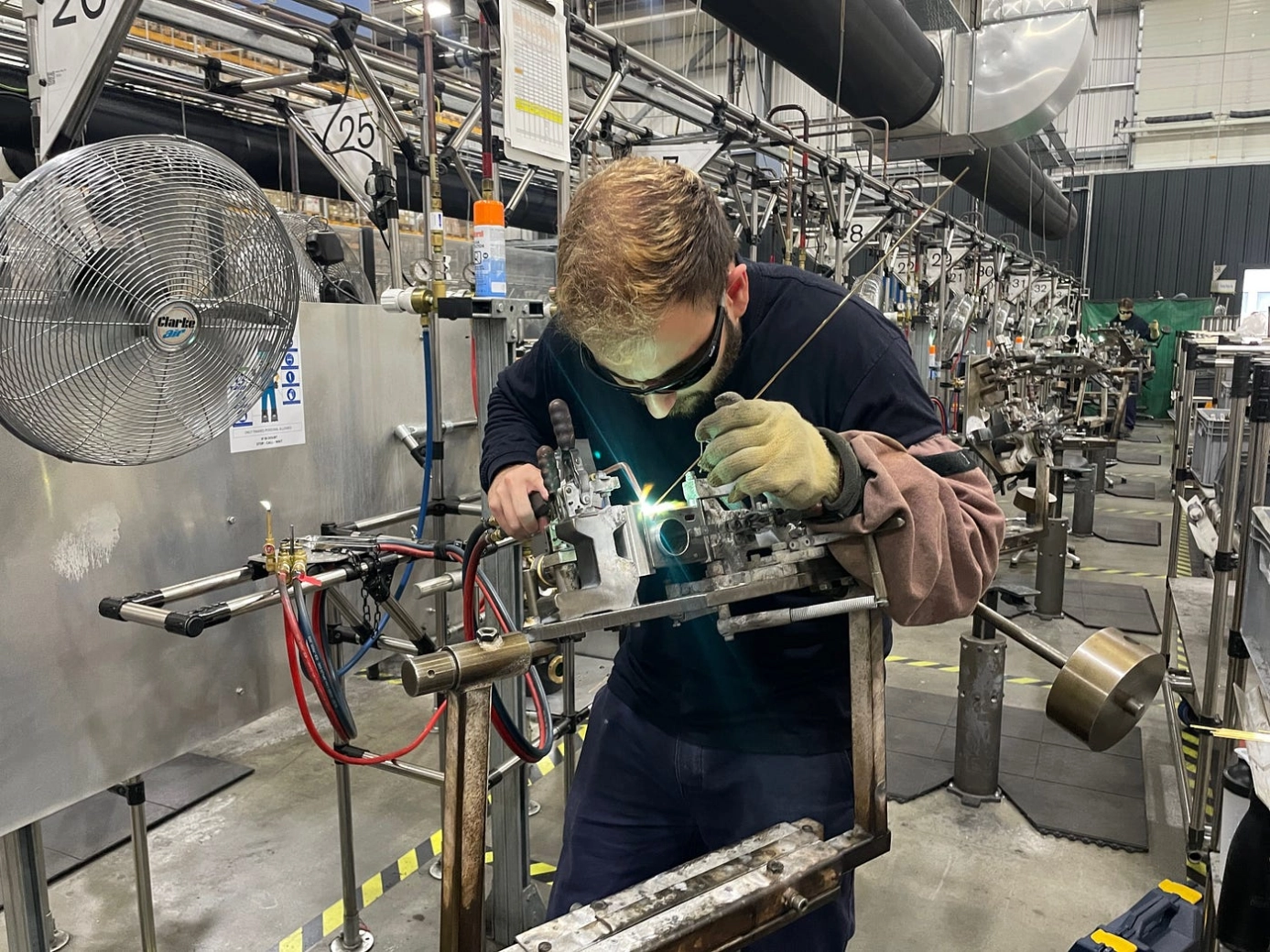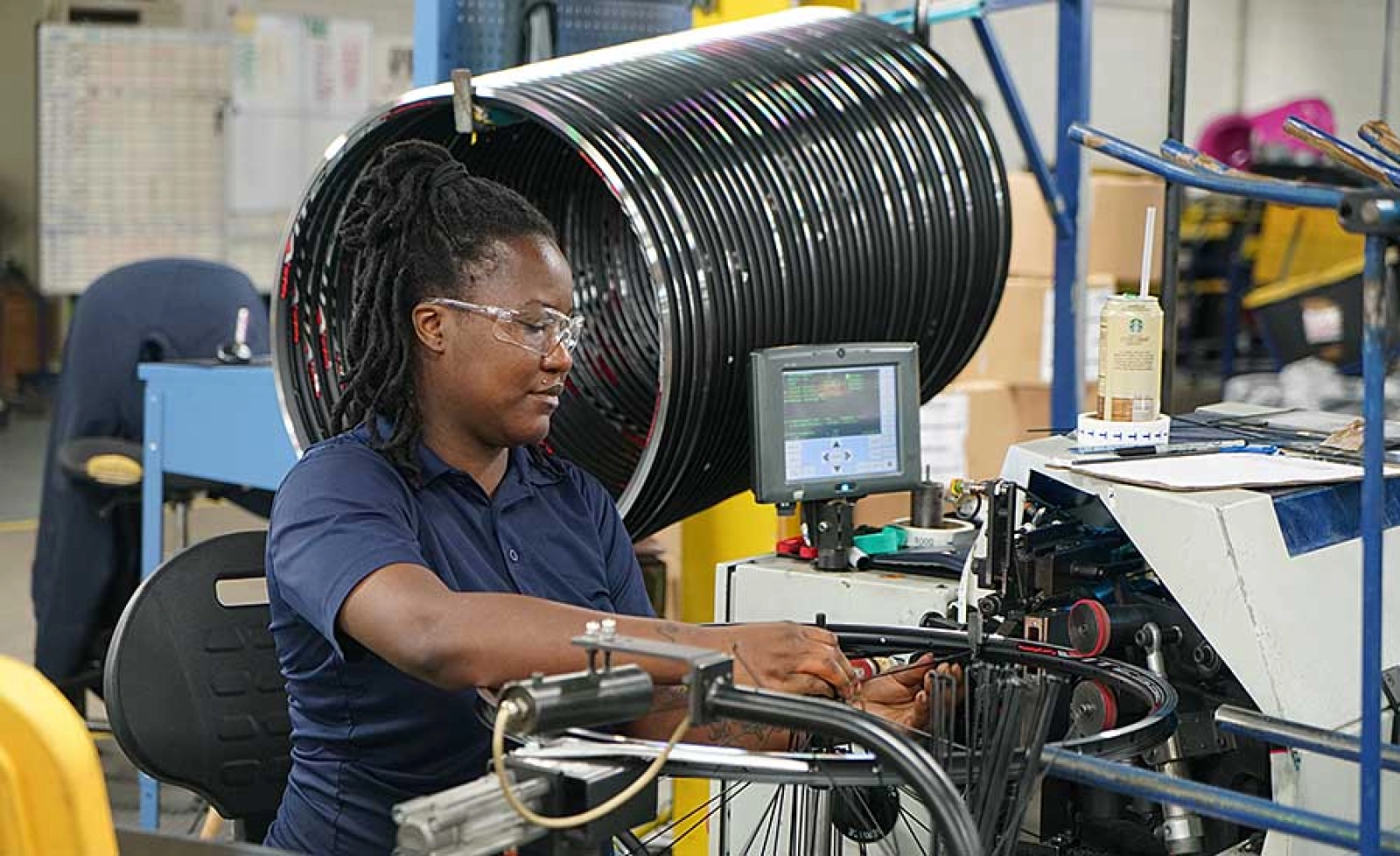Tariffs could be "devastating" for the bicycle industry in the USA
Concern is growing among bicycle market firms in the United States about the impact that the tariffs imposed by Donald Trump, especially those affecting China, may have on their activity, especially considering the high level of importation of products from this country in the activity of bicycle brands.

The U.S. bicycle industry warns that tariffs will cause layoffs and closures
An open letter, published by the Bicycle Industry Trade Association of the United States, warns about the dark future that awaits this activity if the tariffs established by President Donald Trump persist. The effects on the bicycle industry that manufacturers themselves define as "devastating impacts."
PeopleForBike, the association that brings together more than 340 bicycle manufacturers in the United States, request in that letter that exclusions be established for the bicycle market similar to those that the automotive market received this week, which was granted a moratorium on the importation of parts for its activity for a period intended for them to seek a national alternative to those parts.
RECOMENDADO

What watt/kilo ratio do you need to have to try to win a Tour?

When do helmets have to be changed? Do they have an expiration date?

How much money cyclists earn in the Tour de France

The 8 most emblematic mountain passes of the Tour de France

Tips for getting up early to ride

How would bikes be if there were no UCI rules

In the case of bicycles, the impacts are even more severe since both the frames themselves and the majority of the parts required for their assembly are imported. In fact, brands like Specialized and Trek have already announced that they will pass on the price of tariffs to their products.
PeopleForBike also points out in their letter that the shift towards a model of national suppliers is extremely complicated as it requires strong investments and time in a market situation where both money and time are very limited. Additionally, this need may have collateral effects such as increasing steel and aluminum prices.